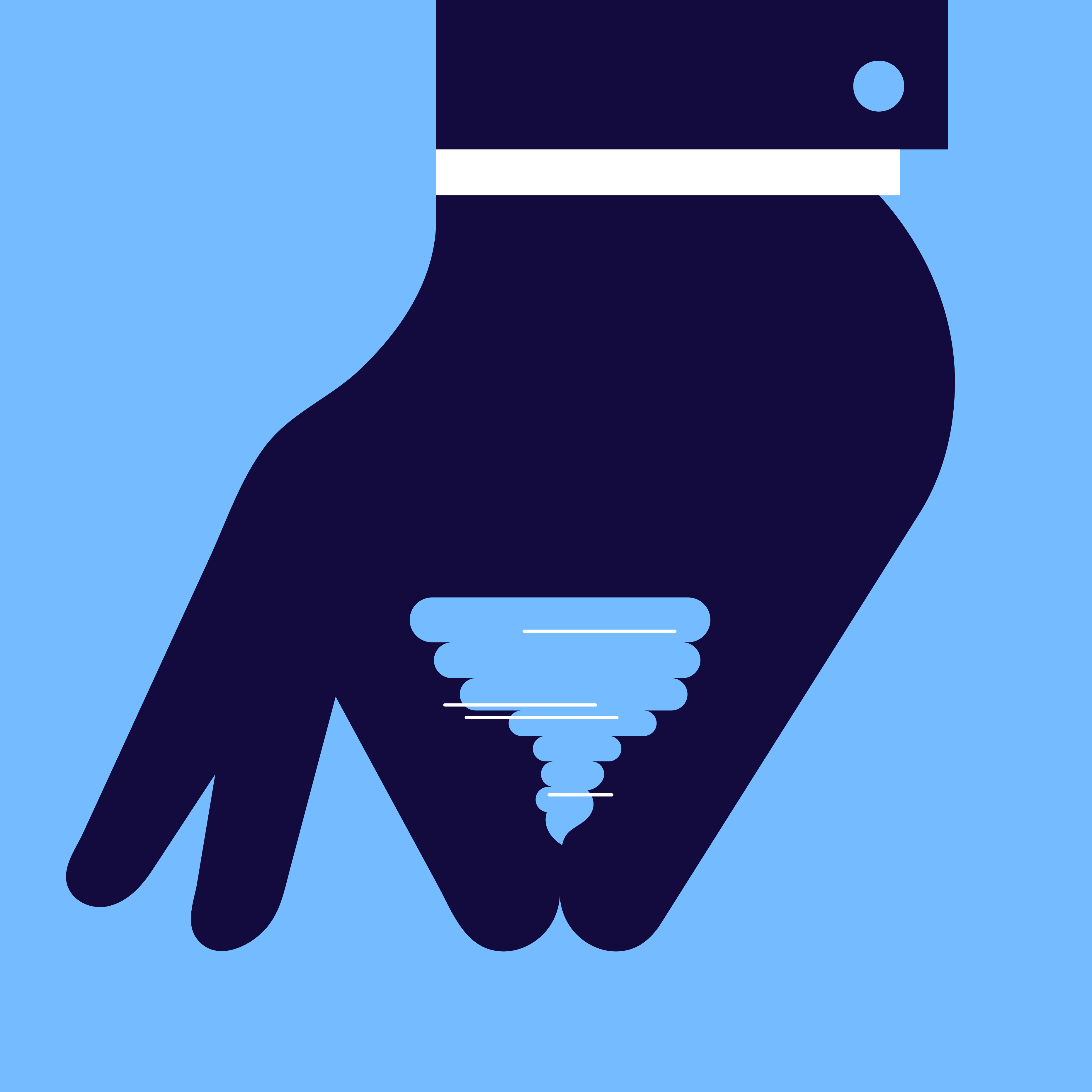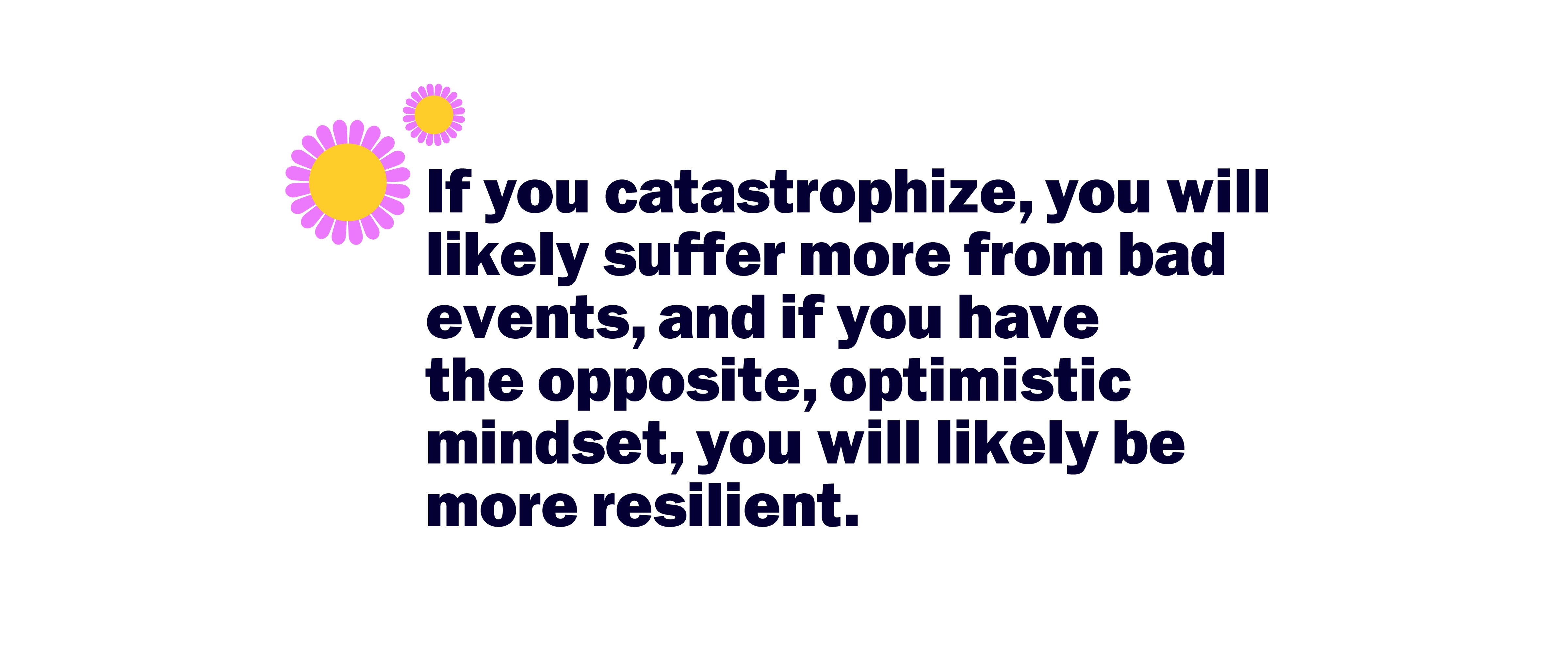It may not all be geometry, but it is something else. . .
I recently stumbled on a brief article written by the professional speaker, Lou Hacker who’s been in the business of speaking/consulting and coaching speakers and business on service for well over 40 plus years now. He started out by saying he had been thinking about Peyton Manning and a tree service professional; he got me thinking about them, too. He related that he had read an interview once with former pro quarterback Peyton Manning where he was asked how he could so quickly spot potential receivers and then fire a forward pass a long way as they ran under it and made the reception. “”It’s all geometry,” was his answer. He said he was able to compute the angle and their speed and put the pass right where he wanted it. This past week there have been a lot of local tree services who have been taking down a lot of trees in the area because of some really bad storms last week in the Northeast Ohio area. I remember asking a guy who once took down several of our trees in the front and the back of our house who climbed the 60-70 feet to begin the process what the secret was to his amazing skills to saw the tree in sections and with the help of his crew, lower them safely to the ground. His response: “It’s all geometry!” WHAT??? I remember almost all of the Math teachers I ever had saying, “You just never know when Math will come in handy later in your life.” I never believed that, mostly because I’ve always had a fairly unhealthy relationship with
Mathematics. . .
I believe each of us has a super power that if discovered and used properly fuels our ultimate success. Crazy as it sounds, I knew from my very early years that I would always be in front of an audience. What made most of my friends quiver and sweat made me feel great — speaking in class, handling the public address systems, reciting a book report, leading youth group sessions, well, that led me to more than 40 years as a professional speaker, keynote speaker, master of ceremonies, wedding and funeral officiant, and workshop leader/teacher. In your field, maybe it’s not some mathematical integers or put bluntly, “all geometry,”

B U T. . .
Do you know what your super power is? More importantly are you nurturing it, growing it and using it to benefit others?
It may not all be geometry, but it is something else which begs me to ask you.
What is your something else. . . ?

I’m a Math
never quite to be understood
A Geometry with no angles or straight lines
An Algebra without integers
A Calculus without Numbers
A Trigonometry without symbols
And though I don’t often
Add Up
And often feel Divided
I’m searching for a goodness
that multiplies whatever can never
be subtracted




 I recently re-read this essay that has been adapted from
I recently re-read this essay that has been adapted from 




























